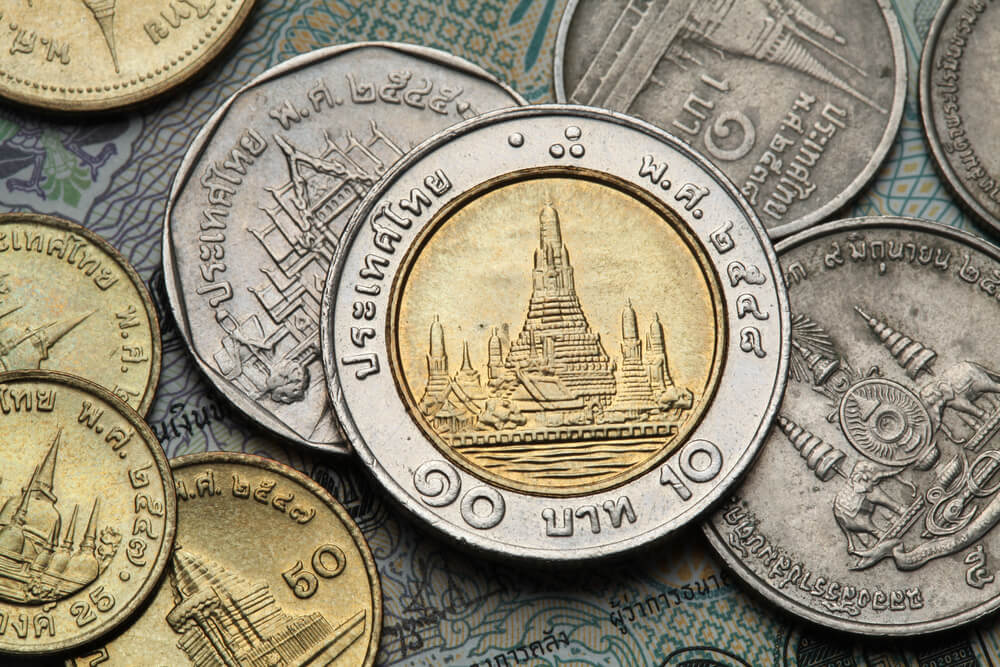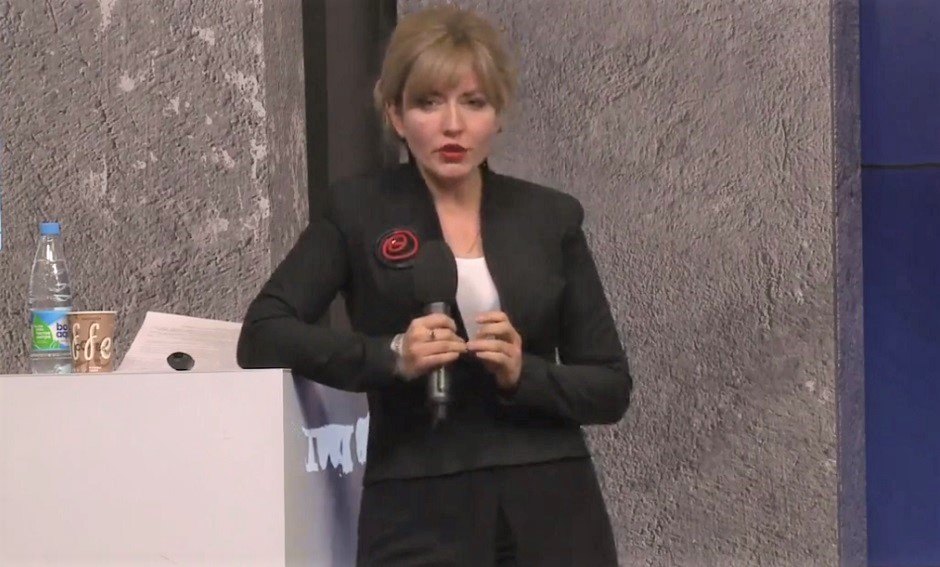Thailand Bans Bitcoin Cash, Ethereum Classic, Litecoin from Trading Pairs & ICOs

Thailand is tweaking its list of seven accepted cryptocurrencies for ICO funding and fiat trading in the country. | Source: Shutterstock
Thailand’s Securities and Exchange Commission banned bitcoin cash (BCH), Litecoin (LTC), and Ethereum Classic (ETC) from eligibility for initial coin offerings, investments, and base trading pairs against other cryptocurrencies traded on digital asset exchanges.
Bitcoin, Stellar, Ripple, Ethereum Approved
In a February 28 notice, the Thai SEC — which is the country’s capital markets authority — announced that it approved these four cryptocurrencies for investments, ICOs, and base trading pairs:
- Bitcoin (BTC)
- Ethereum (ETH)
- Ripple (XRP)
- Stellar (XLM).
Criteria Included Liquidity, Decentralization
The regulator noted that its ban list “has no impact on investors or digital asset businesses because so far, no ICO has been launched and the operating digital asset exchanges have never used bitcoin cash, Ethereum Classic, or Litecoin as base trading pairs.”
The agency said it made its eligibility selection based on cryptocurrency developments and news.
The Thai SEC previously said its main criteria are market liquidity, a robust decentralized system, and being able to use a trading pair with other cryptocurrencies, according to the Bangkok Post .
Thailand Moves to Embrace Bitcoin
Thailand is quickly emerging as one of the major players in the burgeoning Southeast Asian cryptocurrency industry.
In July 2018, Thailand’s SEC introduced a regulatory framework for initial coin offerings (ICOs). Under the rules, ICO issuers must be companies based in Thailand with minimum registered capital of 5 million baht (roughly USD $157,000).
The rules announced in July are part of a wider embrace of crypto in Thailand. In April 2018, Thailand’s finance ministry proposed a flat 15% withholding tax rate for capital gains on cryptocurrency trading and investments.
Thai Stock Exchange Applies for Crypto License
In January 2019, the Stock Exchange of Thailand (SET) announced that it’s planning to apply for a digital asset operating license from the Finance Ministry. As CCN.com reported, the Thai Stock Exchange wants to become an authorized crypto exchange this year.
Pattera Dilokrungthirapop, the vice chairwoman of the SET’s board of governors, said there are many Thai securities firms that are interested in becoming authorized cryptocurrency broker-dealers.
“Securities firms are currently waiting for the SET to apply for a licence. For us, digital assets are expected to grow in the future as investors gain more understanding of this asset class.”
Russia Sets July Deadline for Crypto Rules
Meanwhile, 3,000 miles away in Russia, President Vladimir Putin has set a July 2019 deadline for crypto regulations to be put in place. The regulations are designed to advance the digital economy in Russia, which is struggling amid crippling US sanctions.
However, Vladimir Putin is not a bitcoin fan. Putin said he’s suspicious of cryptocurrencies because they are not backed by a central bank and are not regulated.

Elina Sidorenko is the chairwoman of an interdepartmental working group of the Russian State Duma for managing risks of cryptocurrency turnover. She echoed Putin’s skepticism of bitcoin and the larger broader market.
“The Russian Federation is simply not ready to combine its traditional financial system with cryptocurrencies,” Sidorenko said. “To say that this idea can be implemented in Russia for at least the next 30 years is unlikely.”